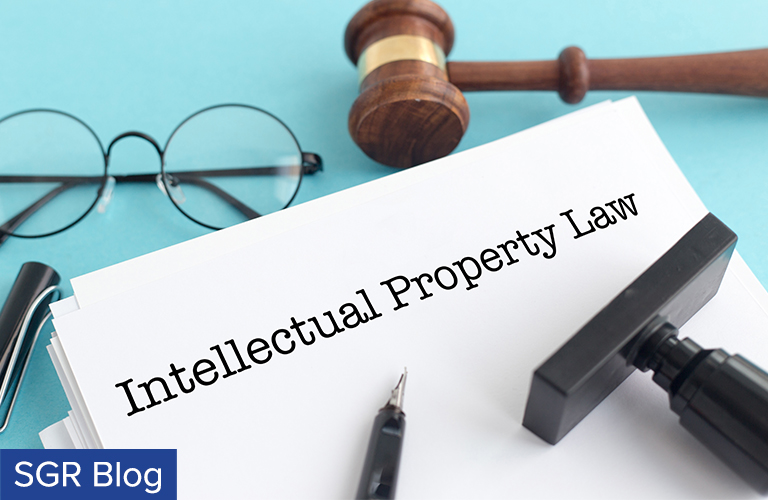
Last year, we published an article concerning whether the presence of computer servers satisfies the “regular and established place of business” requirement for establishing proper venue in patent cases Establishing Proper Venue in Patent Cases. In that article, we discussed the Federal Circuit’s refusal to grant a writ of mandamus filed by Google in patent litigation initiated by SEVEN Networks, LLC in U.S. District Court for the Eastern District of Texas. In that litigation, Judge Rodney Gilstrap denied a motion by Google to transfer venue, finding that Google’s provision of Google Global Cache (GGC) servers that were owned by Google but installed in server racks housed in datacenters owned by an Internet Service Provider (ISP) constituted a “regular and established place of business” of Google under 28 U.S.C. § 1400(b).
Google’s petition for a writ of mandamus and a petition for rehearing en banc were both denied by the Federal Circuit. Judge Reyna authored a critical dissenting opinion, warning that the court was “leav[ing] unanswered a critical issue that increasingly affects venue in legal actions invoking e-commerce.” In re Google LLC, 915 F.3d 1377, 1380 (Fed. Cir. 2019) (Reyna, J., dissenting).
This warning proved to be prescient, as the Federal Circuit last month finally took up a writ of mandamus on this venue issue in another case with Google involving identical circumstances. In In re Google LLC, 2019-126, the Federal Circuit granted Google’s writ of mandamus filed in litigation brought by Super Interconnect Technologies LLC in the Eastern District of Texas. In its opinion, the court noted that Judge Reyna’s concerns in his previous dissent were well-founded. In re Google LLC, 2019-126, slip op. at 7 (“the prediction of our dissenting colleagues has proven accurate, and there are now a significant number of district court decisions that adopt conflicting views on the basic legal issues presented in this case”). The court also stated that additional district court decisions have crystallized the issues for the Federal Circuit to the following two: (1) whether a server rack, a shelf, or analogous space can be a “place of business” and (2) whether a “regular and established place of business” requires the regular presence of an employee or agent of the defendant conducting the business. In re Google LLC, 2019-126, slip op. at 8-9.
On the first question – whether a server rack or shelf space can serve as a “place of business” – the Federal Circuit answered yes. The GGC servers were physically located in the district in a fixed, geographic location – namely, in server racks Google had leased from an ISP. Google leased rack space from the ISP, and in the court’s view, the leased rack space constituted a “place” under the statute. The fact that Google did not own or lease real property was, in the court’s view, unimportant.
On the second question, though, the court sided with Google, finding that a “place of business” requires an employee or agent of the defendant to be conducting business at that place. Here, the Federal Circuit linked the patent venue statute, 28 U.S.C. § 1400(b), to the service statute, 28 U.S.C. § 1694. The court noted that both statutes require that the defendant have a “regular and established place of business,” and that because service of process on a defendant who has a “regular and established place of business” in a judicial district may be made by service upon the agent or agents conducting such business, it therefore follows that a “regular and established place of business” assumes the regular, physical presence of an agent at that place of business. In re Google LLC, 2019-126, slip op. at 10-12.
While this new ruling does provide some much-needed guidance on patent venue, it still leaves open some interesting questions. For instance, what kind of activity must the agent perform in order to be deemed to be conducting business? How frequently (or infrequently) must the agent be physically at the place? Is there a scenario in which the employees of the ISP from which Google rented the rack space are so involved in the operation of the GGC servers such that they should be deemed to be agents? Thus, even with this additional guidance from the Federal Circuit, parties and their counsel will still need to closely examine whether patent venue requirements have been satisfied.

